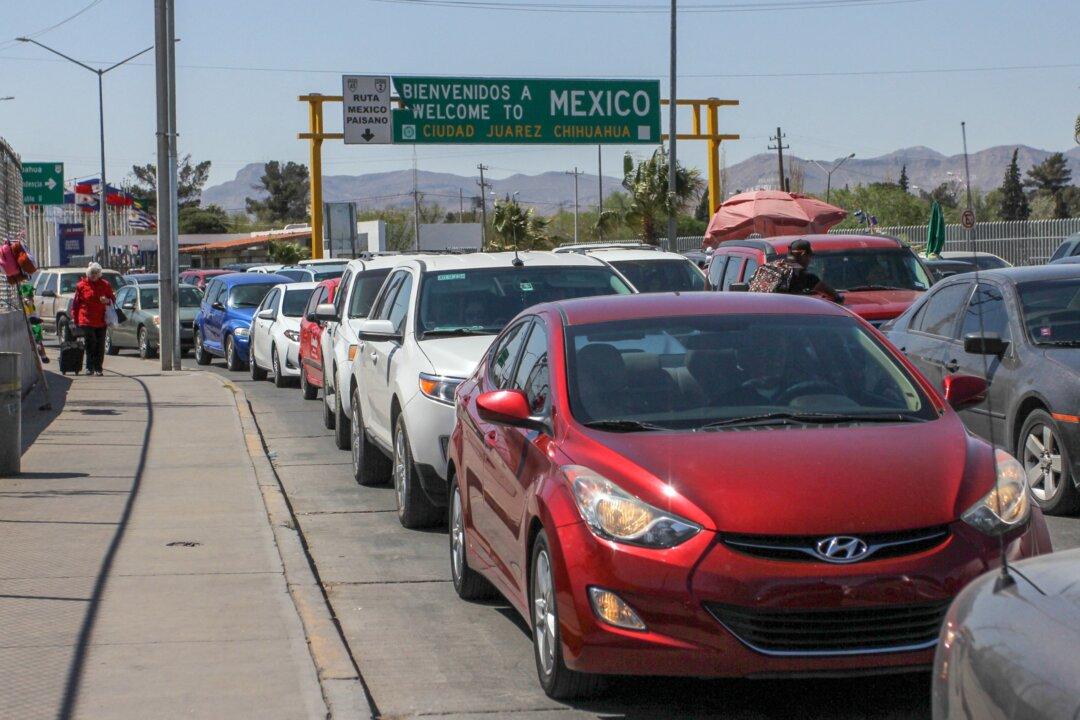U.S. Customs and Border Protection (CBP) officials in the El Paso region seized more than 124 pounds of fentanyl and cocaine last week in four separate incidents, amid criticism of lax border policies.
On April 30, officers working at the Bridge of the Americas seized cocaine totaling 42.5 pounds, according to a May 3 press release from the CBP. The drugs were found to be concealed inside a Hyundai Elantra vehicle allegedly driven by a 48-year-old American citizen. “The seizure was made when CBP officers monitoring the Low Energy Portal inspection system spotted anomalies in the appearance of the vehicle and advised primary CBP officers,” the release noted.





